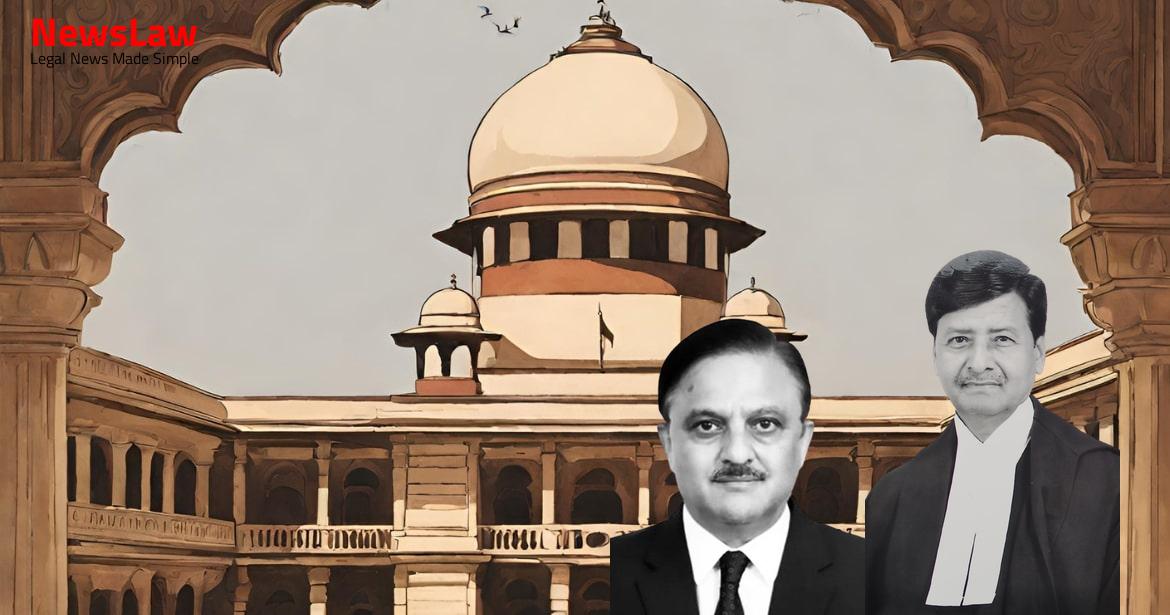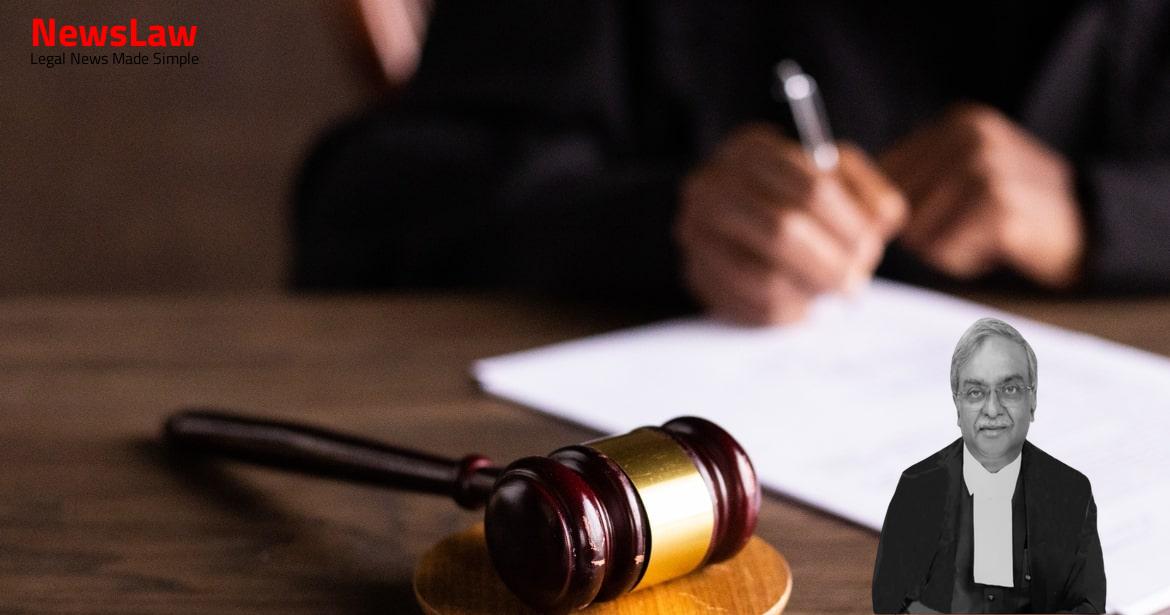The Supreme Court of India recently delivered a significant judgment in the case of State of West Bengal vs. Jayeeta Das, highlighting jurisdictional complexities in UAPA cases. The Court examined the role of Special Courts, the legality of remand extensions, and the necessity of following proper procedures. This blog discusses the key aspects of the case and the implications of the judgment on legal proceedings involving UAPA offences.
Facts
- FIR registered based on a complaint about an unclaimed bagpack containing incriminating articles and posters of CPI(Maoist)
- Charges under various sections of IPC filed against the respondent
- Respondent apprehended and produced before the Chief Metropolitan Magistrate
- Investigating Officer seeks addition of charges under UAPA
- Application filed for addition of offences under UAPA
- Learned Chief Metropolitan Magistrate forwarded the matter to the Chief Judge for consideration of application to add UAPA offences.
- Chief Judge permitted addition of UAPA offences in the case for investigation.
- Respondent filed a petition under Section 482 of CrPC before the High Court to quash Chief Judge’s order and subsequent orders.
- While petition was pending, Chief Judge extended detention period of accused and allowed filing of charge sheet beyond 90 days but within 180 days.
- High Court accepted the petition, quashing proceedings against the respondent for UAPA offences, citing lack of jurisdiction.
- High Court held that only Special Court under NIA Act had exclusive jurisdiction to try UAPA offences, not Sessions Court.
- The order dated 7 April 2022 and subsequent proceedings were deemed without jurisdiction.
Also Read: Kirpal Singh vs. State of Punjab and Haryana
Issue
- Whether the court of sessions was entitled to entertain an application for extension of the period of remand in terms of the proviso to Section 43D (5) of the UAPA when no special court had been notified by the State of West Bengal under Section 22(1) of the National Investigating Agency Act, 2008.
- Whether the petitioner could have been remanded by the learned Magistrate after offences under UAPA had been added.
Also Read: Analyzing the Supreme Court Judgment: Dharambir @ Dharma vs. State of Haryana
Arguments
- Shri Siddhartha Dave, representing the appellant, argued that since the case was investigated by the State police and no Special Court was constituted under the NIA Act, the Sessions Court had exclusive jurisdiction over the trial of the offences.
- It was contended that the accused had lost the right to claim release on default bail as no application was filed after the expiry of 90 days and before the charge sheet was filed, thereby curing any irregularity in the remand process.
- The appellant requested the Court to set aside the High Court’s judgment and allow the Sessions Court to proceed with the trial of the accused, including the charges under UAPA.
- The grant of default bail was not sought for the accused in both the Sessions Court and High Court.
- The contention was raised that the Chief Judge and Chief Metropolitan Magistrate did not have jurisdiction to proceed under the NIA Act and UAPA as a Special Court had already been constituted for the State of West Bengal by the Central Government.
- The Special Court for West Bengal had been functioning since April 29, 2011.
- Learned counsel urged the Court to dismiss the appeal.
Also Read: Ramraj Singh v. State of Madhya Pradesh
Analysis
- The State Government has not yet constituted a Special Court for trial of UAPA offences in West Bengal.
- The Chief Judge cum City Sessions Court in this case had jurisdiction to deal with the matter under Section 22(3) of the NIA Act.
- The orders passed by the Chief Metropolitan Magistrate extending the remand beyond 90 days were deemed illegal and quashed.
- The Special Court cannot take direct cognizance of UAPA offences without the case being committed to it.
- The accused was remanded to police custody for further investigation until a specified date.
- The CJM Court or Sessions Court acts as the trial court for UAPA offences when no Special Court has been designated by the State Government.
- The IO is directed to follow Supreme Court guidelines for custodial procedures.
- The accused has the right to report any mistreatment by the Investigation Agency while in custody.
- The Court allowed the Investigation Agency to add sections of the UA(P) Act based on sufficient grounds.
- NIA Act states that special Court must be designated by State Government
- Jurisdiction of special Court conferred by Act to be exercised by Court of Sessions until special Court is designated
- Court of Sessions to follow procedure provided under Chapter IV of the Act
- Special Court has exclusive jurisdiction to try offences under UAPA
- Magistrate cannot remand in UAPA cases beyond 30 days as per Section 167 CrPC
- The only academic question left for the Court to examine in such circumstances is the effect of evidence collected during the period of illegal remand after 90 days had lapsed from the date of initial remand of the accused.
- The right of the accused to seek any other legal remedy against such illegal remand is to be considered.
- The Court should determine the admissibility of evidence collected during the illegal remand period after 90 days.
Decision
- Issues raised must be brought up in appropriate proceedings before the trial court at the right stage.
- The judgment dated 11 May, 2023, passed by the Single Judge of the Calcutta High Court is reversed and set aside.
- The appeal is allowed.
- Pending applications will be disposed of.
Case Title: THE STATE OF WEST BENGAL Vs. JAYEETA DAS (2024 INSC 313)
Case Number: Crl.A. No.-002128-002128 / 2024



